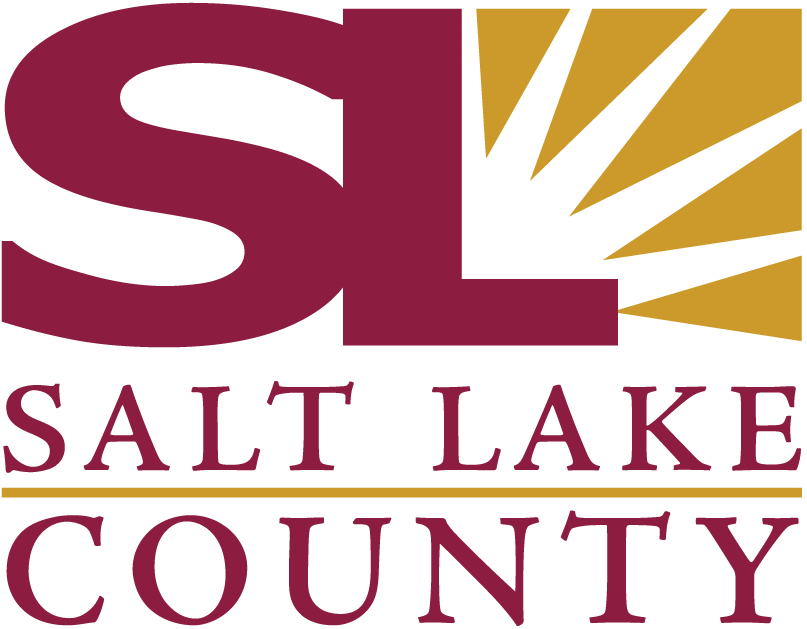Summary of COVID-19 Federal Relief Package
|
|
|
Unemployment Insurance: The enhanced federal unemployment insurance bump was fought to be brought back, which expired in July. This bill provides an additional $300 per week for all workers receiving unemployment benefits, through March 14, 2021. This bill also extends the Pandemic Unemployment Assistance (PUA) program, with expanded coverage to the self-employed, gig workers, and others in non-traditional employment, and the Pandemic Emergency Unemployment Compensation (PEUC) program, which provides additional weeks of federally-funded unemployment benefits to individuals who exhaust their regular state benefits. The extension was critical in preventing as many as 14 million Americans from losing this economic lifeline at the end of the year. Additionally, the bill increases the maximum number of weeks an individual may claim benefits through regular state unemployment plus the PEUC program, or through the PUA program, to 50 weeks. The bill also provides an extra benefit of $100 per week for certain workers who have both wage and self-employment income but whose base UI benefit calculation doesn’t take their self-employment into account.
Direct Payments: An additional round of Economic Impact Payments of $600 was secured for individuals making up to $75,000 per year and $1,200 for couples making up to $150,000 per year, as well as a $600 payment for each child dependent. This means a family of four will receive $2,400 in direct payments. A provision, which is retroactive to the CARES Act, will expand these direct payments to mixed-status households, importantly providing immigrant families across the country with access to this financial relief. |
|
|
 |
Critical funding and policy changes were secured to help small businesses, including minority-owned businesses, and nonprofits recover from the pandemic.
This deal includes over $284 billion for first and second forgivable PPP loans, dedicated set-asides for very small businesses and lending through community-based lenders like Community Development Financial Institutions and Minority Depository Institutions, and expanded PPP eligibility for 501(c)(6) nonprofits, including destination marketing organizations, and local newspapers, TV and radio broadcasters. $20 billion is included for new EIDL Grants for businesses in low-income communities, $3.5 billion for continued SBA debt relief payments, and $2 billion for enhancements to SBA lending.
This deal also includes $15 billion in dedicated funding for live venues, independent movie theaters, and cultural institutions. |
|
 |
| $12 billion was pushed to be included in funding for CDFIs and the creation of a new Neighborhood Capital Investment program to support CDFIs and MDIs and help low-income and minority communities withstand the economic impact of the COVID-19 pandemic and respond to this unprecedented economic downturn. |
|
 |
Major funding was secured to provide relief to transit agencies, airlines and airline contractors, airports, state DOTs, the motorcoach industry, and Amtrak. Specifically: $15 billion for airline payroll support, $1 billion for airline contractor payrolls, $14 billion for transit, $10 billion for state highways, $2 billion for airports and airport concessionaires, $2 billion for the private motorcoach, school bus, and ferry industries, and $1 billion for Amtrak.
In particular, keeping transit agencies running will allow those who must take transit—essential workers, seniors, low-income and communities of color—to get to work and access services. For example, African Americans comprise 12% of the US population but make up 24% of public transit riders; across modes, bus riders are 30% Black and 35% white while rail riders are 19% Black and 46% white.
The $14 billion delivered in transit aid for rail, bus, paratransit, and more, will keep transit agencies from implementing draconian cuts that would otherwise disproportionately impact communities of color. |
|
 |
Essential funding is included for vaccine procurement and distribution, providing roughly $20 billion to BARDA for procurement of vaccines and therapeutics, nearly $9 billion to the CDC and states for vaccine distribution and more than $3 billion for the strategic national stockpile. This includes $300 million specifically directed to high risk and underserved areas for distribution, including communities of color.
The bill provides more than $22 billion, all sent directly to states, for testing, tracing and COVID mitigation programs. Of this total, $2.5 billion will be sent out as grants specifically targeted at needs in underserved areas, including both communities of color and rural communities.
$4.5 billion in mental health funding, $9 billion in support for health care providers, and more than $1 billion for NIH to research COVID-19 was also secured. $1 billion in direct funds to the Indian Health Service to carry out these services. |
|
 |
Critical funding for states, K-12 schools, and institutions of higher education that have all been significantly impacted by the coronavirus pandemic was included. Similar to the CARES Act the emergency education relief funds are reserved as follows:
- Relief for outlying areas and the Bureau of Indian Education:
- $818.8 million
- Governors Emergency Education Relief Fund: $4.05 billion
- Includes a set aside for services to private K-12 schools to be administered by public agencies.
- Elementary and Secondary School Emergency Relief Fund (Public K-12 schools): $54.3 billion
- Higher Education Emergency Relief Fund: $22.7 billion
- $20 billion distributed to all public and private non-profit institutions of higher education.
- $908 million to for-profit colleges to provide financial aid grants to students.
- Includes set-asides of an additional $1.7 billion for HBCUs, tribal colleges, and Minority-Serving Institutions and $113.5 million for institutions with the greatest unmet needs or those not served by the primary formula, such as independent graduate schools.
|
|
 |
| The legislation establishes the first-ever emergency federal rental assistance program to be distributed by state and local governments. These funds will be targeted to families impacted by COVID that are struggling to make the rent and may have past due rent compounding on itself. These families will be able to utilize this assistance for past due rent, future rent payments, as well as to pay utility and energy bills and prevent shutoffs. $800 million is reserved for Native American housing entities. It also includes an extension of the existing CDC eviction moratorium through Jan. 31, 2021. |
|
 |
| There is a $13 billion to increase SNAP benefits by 15%, provide additional funding for food banks and senior nutrition programs, and to ensure college students have access to SNAP. This bill also dedicates $614 million for nutrition assistance for Puerto Rico and the territories, allocates emergency funds for school and day care feeding programs and includes critical improvements to the P-EBT program. The bill also included $13 billion for direct payments, purchases and loans to farmers and ranchers who have suffered losses due to the pandemic. It also includes funds to support the food supply chain through food purchases, donations to food banks, and support for local food systems. |
|
 |
| The bill converts the CARES Act $10 billion loan into direct funding for USPSwithout requiring repayment. These funds will be used for operational costs and other expenses resulting from the COVID-19 pandemic. |
|
 |
The bill successfully secures $10 billion in emergency funds for the child care sector through the CCDBG program. These funds maintain the flexibility given to states through the CARES Act and can be used to provide child care assistance to families, and to help child care providers cover their increased operating costs during the pandemic. This emergency relief will help stabilize the child care market and allows states to expand child care assistance to essential workers and working families who are in great need of child care services.
The bill also includes $250 million for Head Start providers to ensure they are able to continue to safely serve low-income children and families throughout the pandemic. |
|
 |
| The bill secures $3.2 billion in emergency funds for low-income families to access broadband through an FCC fund. Additionally, democrats created a $1 billion tribal broadband fund. It also secured $250 million dollars in telehealthfunding and $65 million to complete the broadband maps in order for the government to effectively disperse funding to the areas that need it most. Last, $2 billion will be provided to small telecommunication providers to rip out Huawei/ZTE equipment to replace it with secure equipment and a new $300 million grant program to fund broadband in rural areas. |
|
Misc. Provisions
Coronavirus Relief Fund Extension: This bill extends the availability by one year (until Dec. 31, 2021) for funds provided to states and localities by the Coronavirus Relief Fund in the CARES Act.
Extension of the Employee Retention Tax Credit: The bill importantly extends and expands the refundable Employee Retention Tax Credit (ERTC), which was established in the CARES Act. The extension of this tax credit will help keep additional U.S. workers on payroll and more small businesses and nonprofits across the country afloat.
Special “lookback” for EITC and CTC: The bill includes a special temporary rule allowing lower-income individuals to use their earned income from tax year 2019 to determine the Earned Income Tax Credit and the refundable portion of the Child Tax Credit (i.e., the Additional Child Tax Credit) in the 2020 tax year. This will help workers who experienced lower wages this year, due to the pandemic, to get a larger refund that is consistent with their earnings from prior filing seasons.
Contractor Pay Extension: This bill provides federal agencies the authority to reimburse contractors for the costs of paid leave during the COVID pandemic, for contractors who are temporarily unable to work due to facility closures or other restrictions. This is particularly important for our national labs, like Brookhaven National Laboratory, and national security facilities. |
|
|
|
|
|
|















